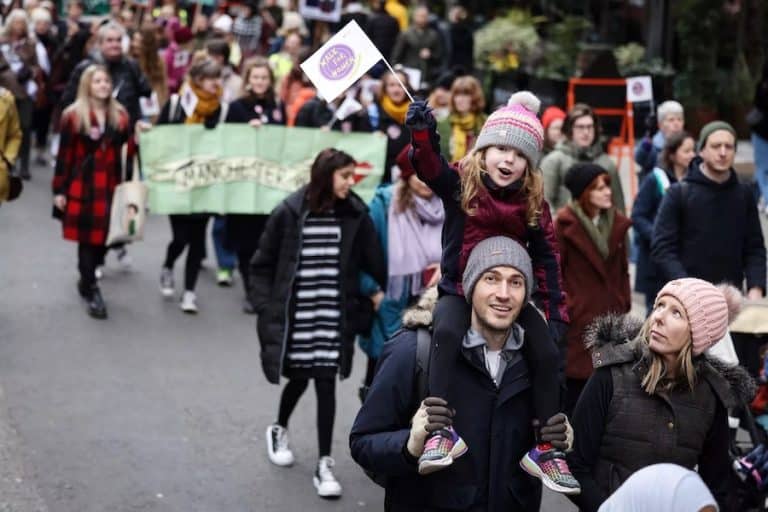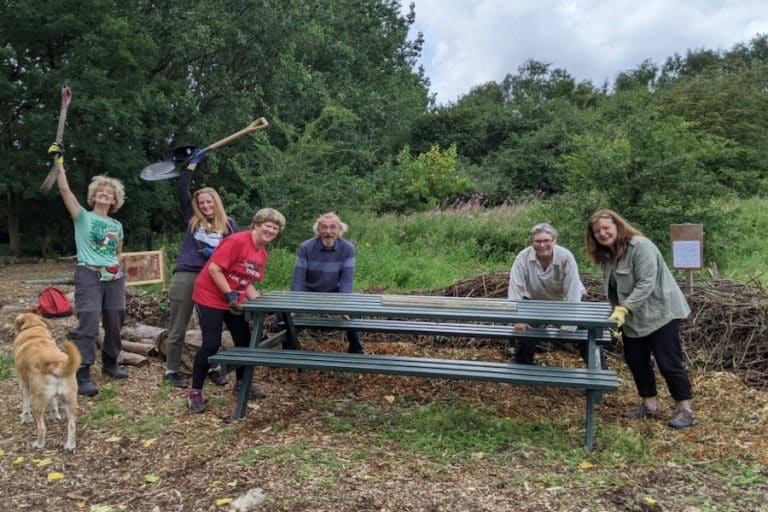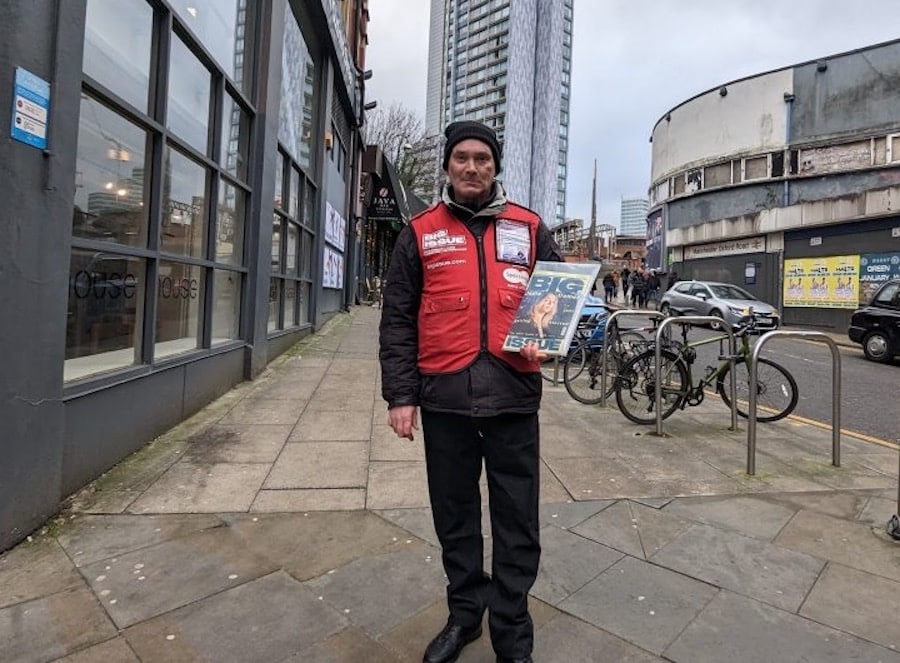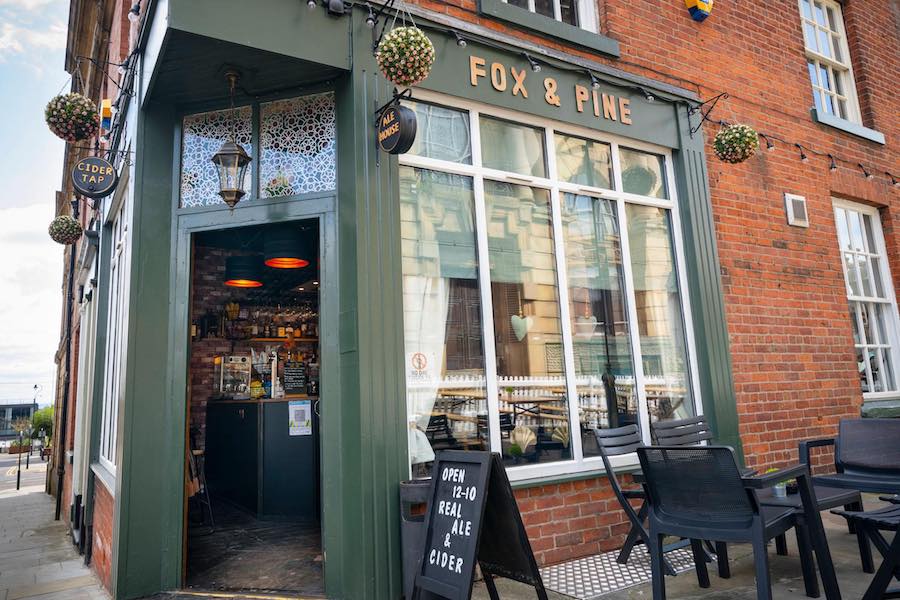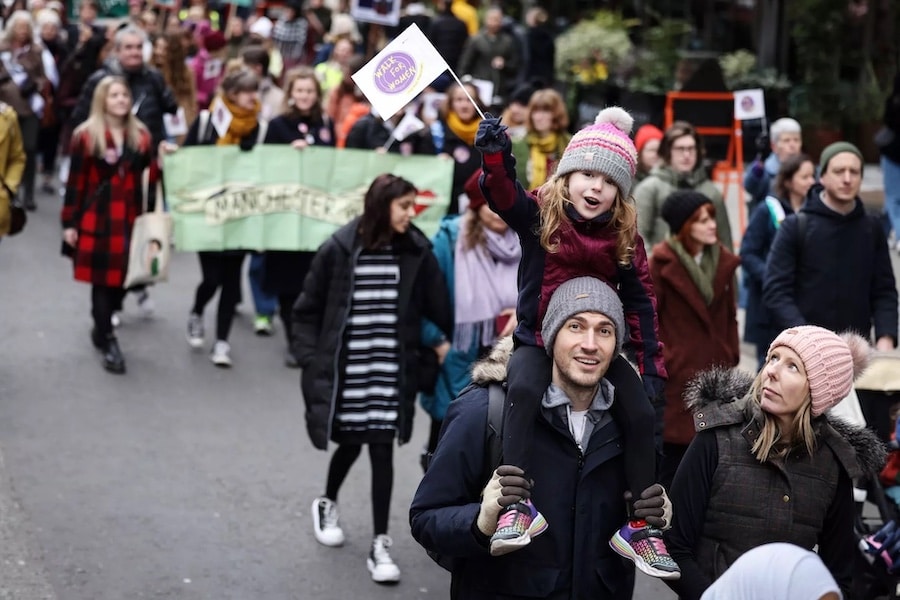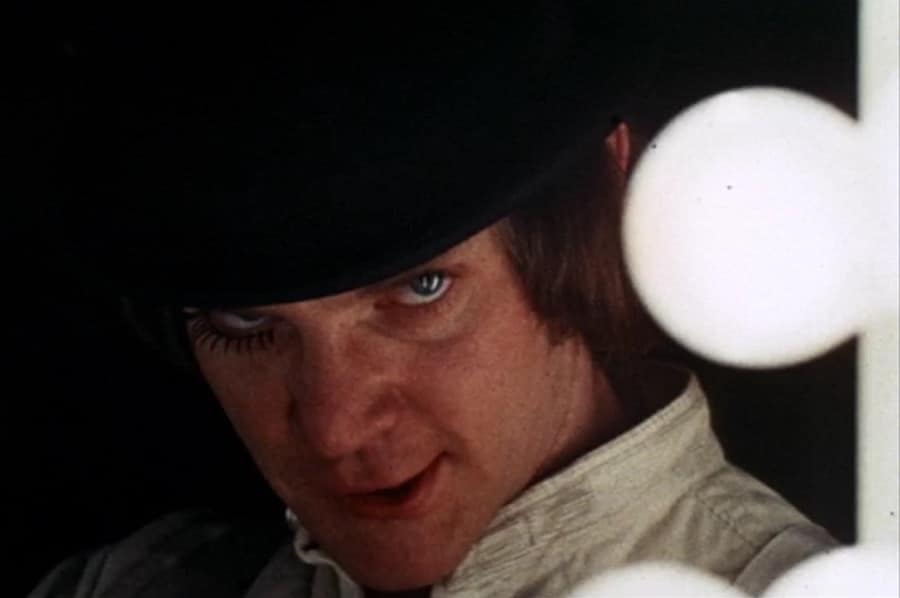Mobile phones to be banned from Manchester’s busiest streets in summer trial
- Written by I Love MCR
- Last updated 7 years ago
- Sport
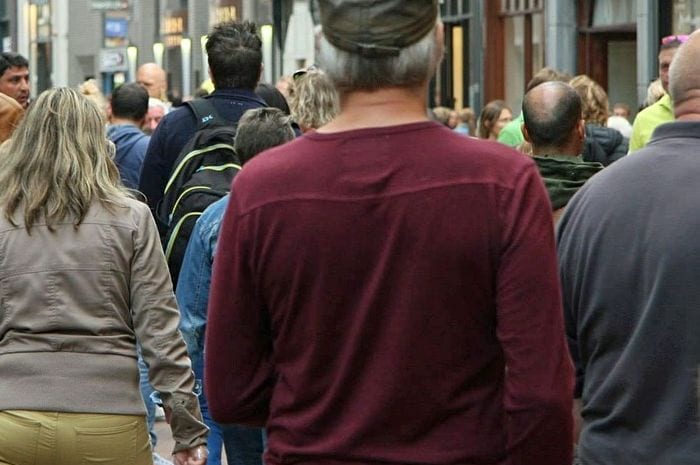
It’s not just Manchester’s roads which are becoming increasingly congested. Its pavements are some of the most overcrowded in the country, too.
Many of them are becoming gridlocked due to a growing population and a huge increase in the number of visitors to the city.
The streets of Manchester city centre just weren’t designed to accommodate the huge number of people who want to use them, especially on Saturday afternoons and in the weeks leading up to Christmas.
Now council chiefs are set to try a number of measures they hope will reduce congestion, enable people to get to their destinations more quickly, and reduce the number of accidents on the bustling streets of Manchester city centre.
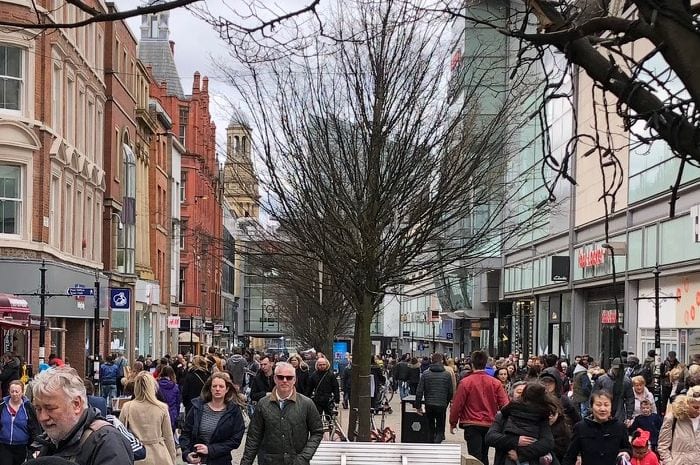
The most controversial measure is to ban the use of mobile phones in the most congested parts of the city centre at the busiest times of day.
That’s because pedestrians who use mobile phones walk at an average speed of around 1.5-2 mph – half as quickly as those who don’t.
Restricting the use of mobile phones won’t just speed up the flow of pedestrians around the city centre. It will reduce the number of accidents, too.
The pedestrianisation of large parts of Manchester city centre means that there are relatively few accidents involving motor vehicles.
However, mobile phone users are thought to be responsible for an increasing number of collisions between pedestrians and the growing incidence of ‘pavement rage’ – altercations between pedestrians caused by mobile phone users not paying sufficient attention to their surroundings and to other pedestrians.
“People who use mobile phones whilst they are walking pose a serious threat to themselves and to other members of the public,” said a council spokesperson. “As beneficial as they are, mobile phones present a threat to public safety.”
The mobile phone ban will be trialled during the summer months on Market Street. It’s one of the busiest shopping streets in the country and often comes to a standstill, especially on Saturday afternoons when up to 80,000 people pass through.
The short walk from Primark at the top of Market Street to St Ann’s Square, which should take no more than than five minutes, can take anything up to 20 minutes on a Saturday afternoon – unimportant for the average shopper but far too long for someone who is late for a lunch date with a friend or who wants to get to Marks & Spencer before it closes.
If the trial is successful, designated no-go zones will be created across the city centre where mobile phones will be prohibited at the busiest times. Anyone in breach of the ban will be issued with a spot fine of £25 by enforcement officers who will patrol these areas.
People who are stationary whilst using their mobile phone will be exempt, providing they take care when stopping to avoid any accidents.
In some cities, particularly in the USA, using a mobile phone is prohibited when crossing the road. But Manchester will be one of the first cities in the world to introduce a mobile phone ban in pedestrianised areas.
It’s just one of the measures which will be trialled during the summer.
Others include prohibiting street entertainers and people distributing religious materials from Market Street, and introducing a minimum walking speed of 4mph in the most congested parts of the city centre.
However, introducing special fast lanes for walkers has been ruled out as they are believed to encourage people to walk at potentially dangerous speeds in excess of 5 mph.
- This article was last updated 7 years ago.
- It was first published on 1 April 2018 and is subject to be updated from time to time. Please refresh or return to see the latest version.
Did we miss something? Let us know: [email protected]
Want to be the first to receive all the latest news stories, what’s on and events from the heart of Manchester? Sign up here.
Manchester is a successful city, but many people suffer. I Love Manchester helps raise awareness and funds to help improve the lives and prospects of people across Greater Manchester – and we can’t do it without your help. So please support us with what you can so we can continue to spread the love. Thank you in advance!
An email you’ll love. Subscribe to our newsletter to get the latest news stories delivered direct to your inbox.
Got a story worth sharing?
What’s the story? We are all ears when it comes to positive news and inspiring stories. You can send story ideas to [email protected]
While we can’t guarantee to publish everything, we will always consider any enquiry or idea that promotes:
- Independent new openings
- Human interest
- Not-for-profit organisations
- Community Interest Companies (CiCs) and projects
- Charities and charitable initiatives
- Affordability and offers saving people over 20%
For anything else, don’t hesitate to get in touch with us about advertorials (from £350+VAT) and advertising opportunities: [email protected]

LOWRY’s Quays Theatre gets a plush new look thanks to award

What is the legacy of Manchester’s most controversial (and maybe best) novel?

Big Issue, bigger heart: Manchester comes together for Colin
